Description
Dodecanoic Acid: The Powerhouse Fatty Acid Hiding in Plain Sight
Dodecanoic acid, also known as lauric acid, is a saturated fatty acid with a 12-carbon chain. While often overlooked, this medium-chain triglyceride (MCT) plays a significant role in various aspects of our health and industrial applications. From its potent antimicrobial properties to its presence in everyday products, dodecanoic acid is a powerhouse ingredient worthy of closer examination.
Where is Dodecanoic Acid Found?
Dodecanoic acid is most notably found in high concentrations in coconut oil and palm kernel oil. Coconut oil, in particular, boasts a significant amount of lauric acid, often making up around 45-55% of its fatty acid composition. It’s also present in smaller amounts in breast milk, cow’s milk, and various plant oils.
Health Benefits: More Than Just a Fatty Acid
The health benefits of dodecanoic acid are largely attributed to its unique metabolic pathway and its antimicrobial properties. Here’s a breakdown:
- Antimicrobial Powerhouse: Dodecanoic acid has demonstrated potent antiviral, antibacterial, and antifungal activities. It works by disrupting the lipid membranes of these microorganisms, leading to their inactivation. This makes it a valuable component in topical treatments and potentially a beneficial addition to the diet for boosting immune function.
- Potential for Weight Management: As an MCT, dodecanoic acid is metabolized differently than longer-chain fatty acids. MCTs are more easily absorbed by the body and are quickly converted into energy, making them less likely to be stored as fat. While more research is needed, some studies suggest that incorporating MCTs like dodecanoic acid into the diet may contribute to weight management.
- Supports Heart Health (with Caveats): While some studies suggest that coconut oil, rich in dodecanoic acid, can increase HDL (good) cholesterol, it also significantly raises LDL (bad) cholesterol. Therefore, the impact on heart health is complex and requires careful consideration of individual health profiles and dietary patterns. Further research is crucial to fully understand the long-term effects.
- Skin Health: Dodecanoic acid’s antimicrobial and anti-inflammatory properties make it potentially beneficial for skin health. It’s often found in soaps, lotions, and other skincare products, where it can help to combat acne-causing bacteria and soothe irritated skin.
Industrial Applications: Beyond the Kitchen
Dodecanoic acid’s versatility extends beyond the realm of nutrition and health. Its unique properties make it a valuable ingredient in various industrial applications:
- Soap Manufacturing: Due to its excellent foaming and cleansing properties, dodecanoic acid is a key ingredient in the production of soaps, detergents, and shampoos.
- Cosmetics and Personal Care: Beyond soaps, it’s used extensively in cosmetics and personal care products as an emulsifier, surfactant, and emollient. It helps to stabilize formulations, improve their texture, and provide moisturizing benefits.
- Pharmaceuticals: Dodecanoic acid is used in the pharmaceutical industry as a building block for various drug formulations.
- Plastics and Synthetic Materials: It can also be used in the production of plastics, resins, and synthetic materials.
Considerations and Cautions:
While dodecanoic acid offers various potential benefits, it’s important to consume it in moderation. As a saturated fat, excessive intake can contribute to elevated cholesterol levels in some individuals. It’s crucial to maintain a balanced diet and consult with a healthcare professional or registered dietitian to determine the appropriate intake for your specific needs and health conditions.
Conclusion:
Dodecanoic acid, or lauric acid, is a fascinating and versatile fatty acid with a wide range of health and industrial applications. From its powerful antimicrobial properties to its role in everyday products, it’s a testament to the remarkable potential of nature’s building blocks. While further research is ongoing to fully unravel its complexities, dodecanoic acid undoubtedly remains a significant contributor to both our well-being and the industrial world. By understanding its properties and potential benefits, we can harness its power responsibly and make informed choices about our health and the products we use.


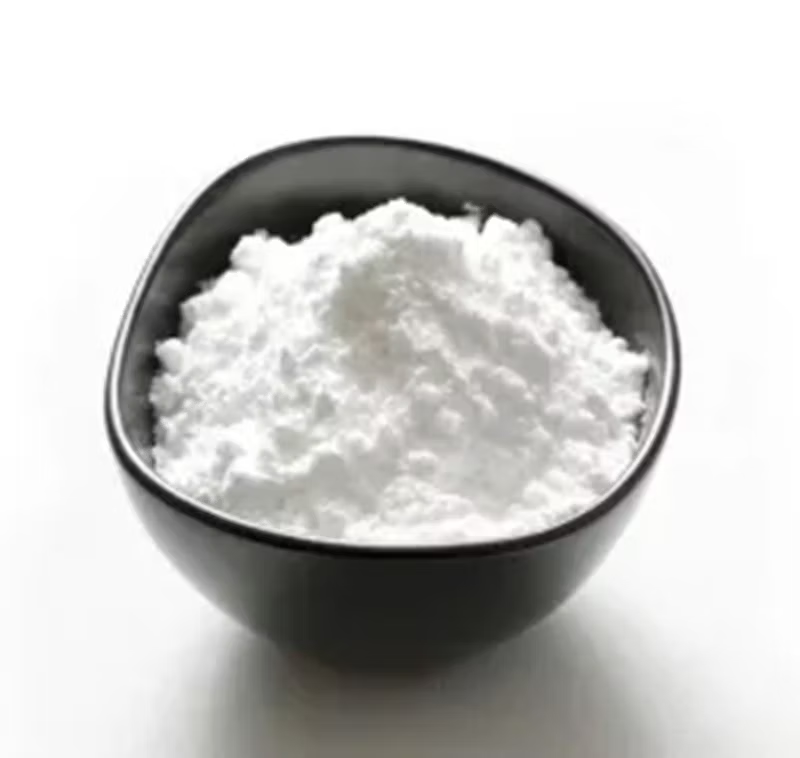

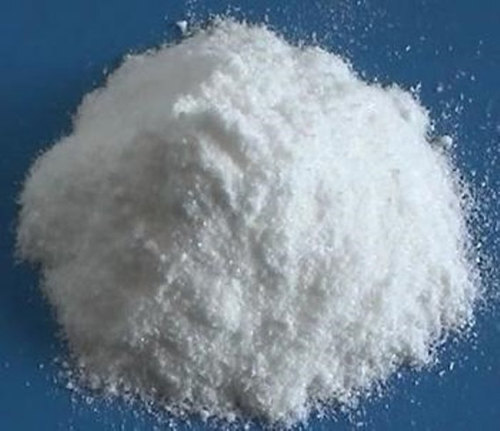
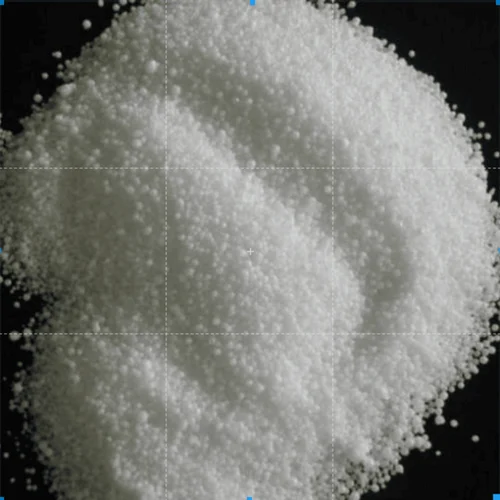
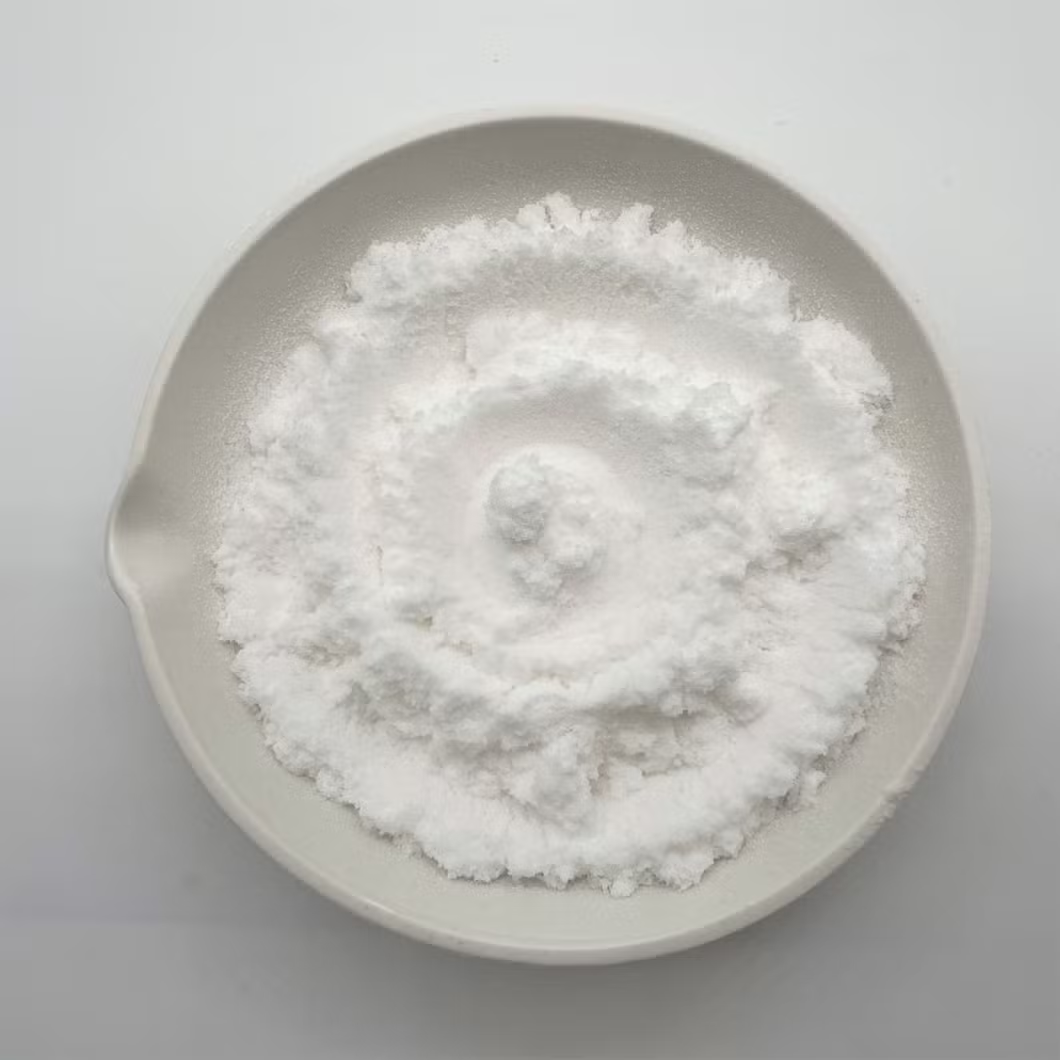
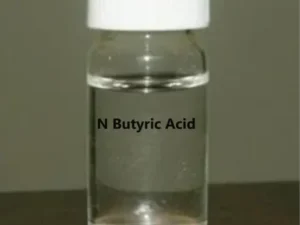
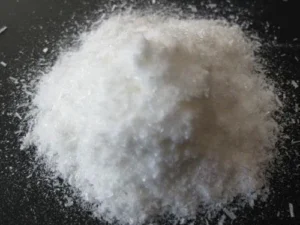
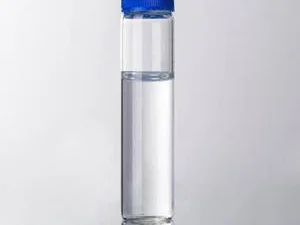
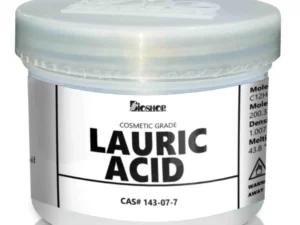
Reviews
There are no reviews yet.